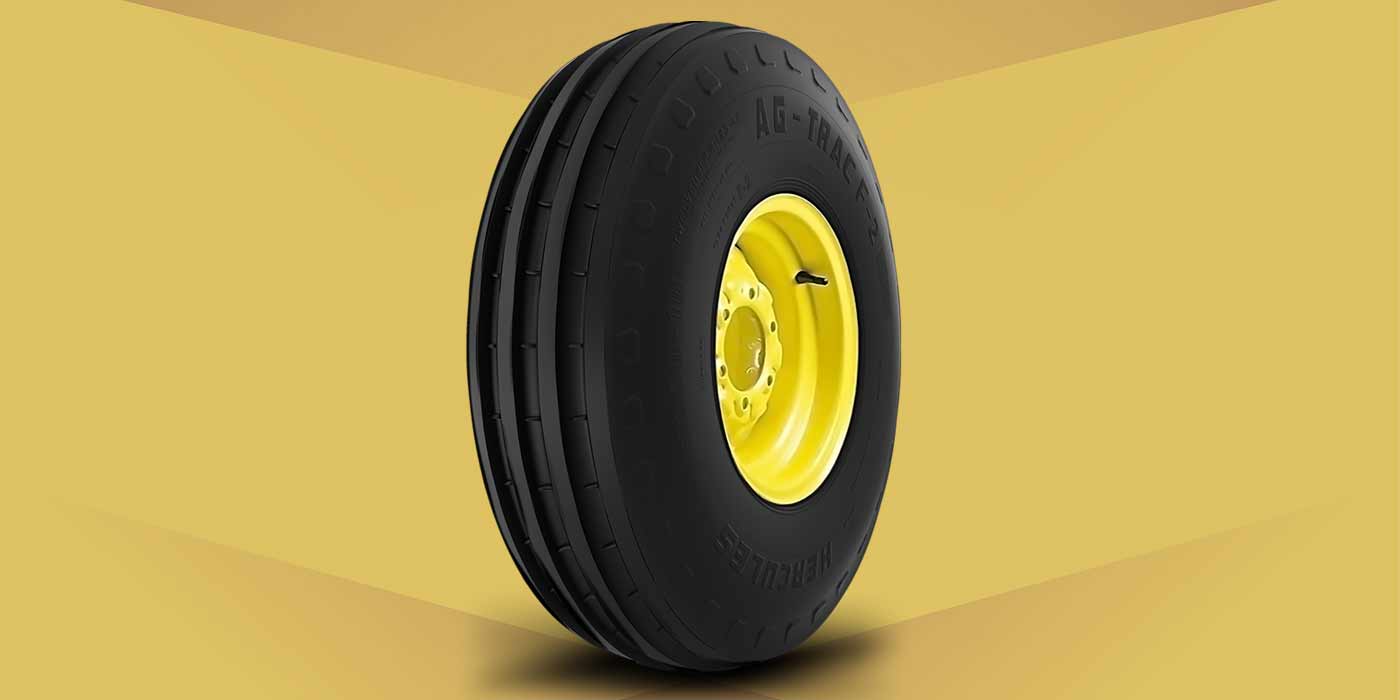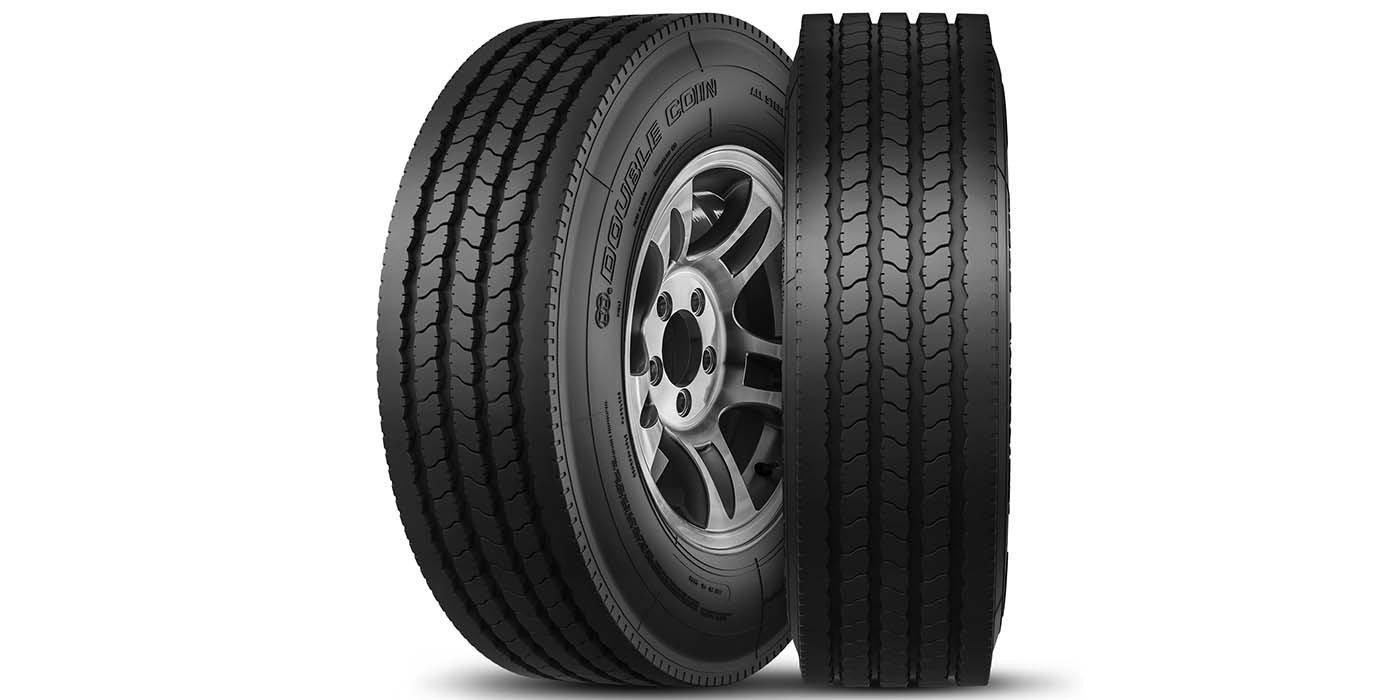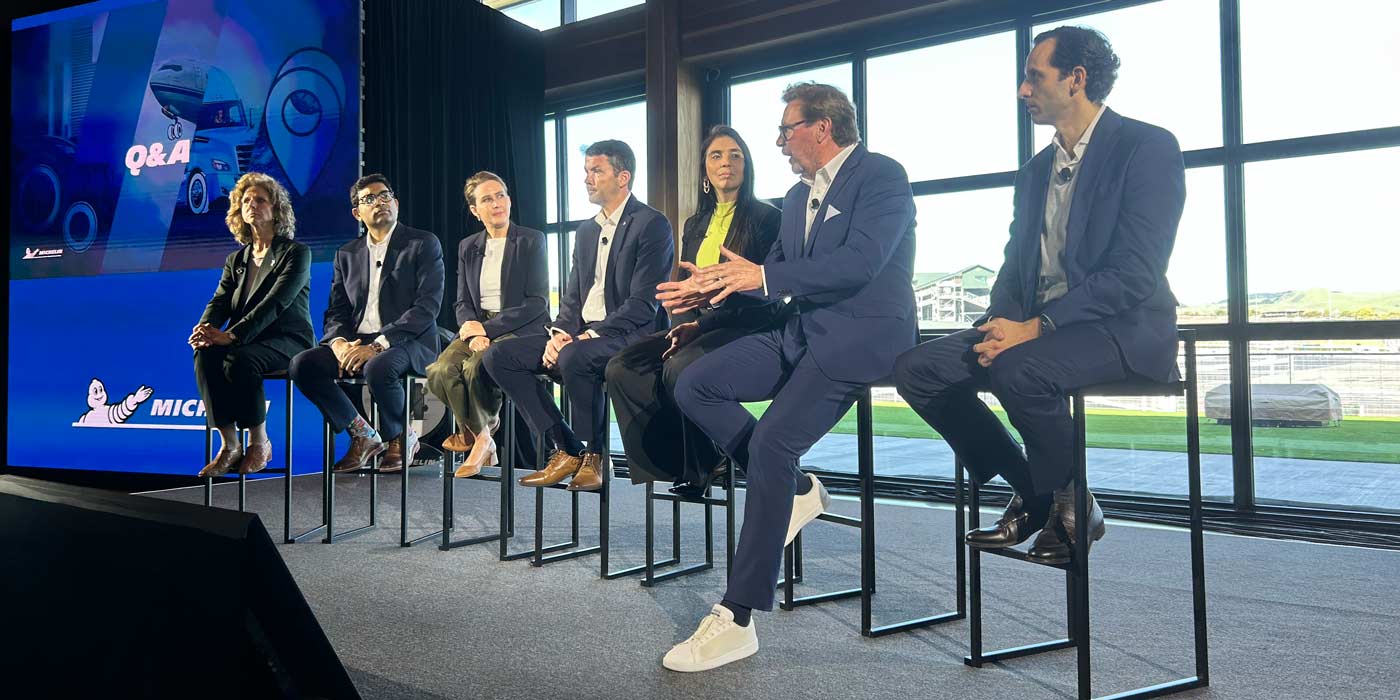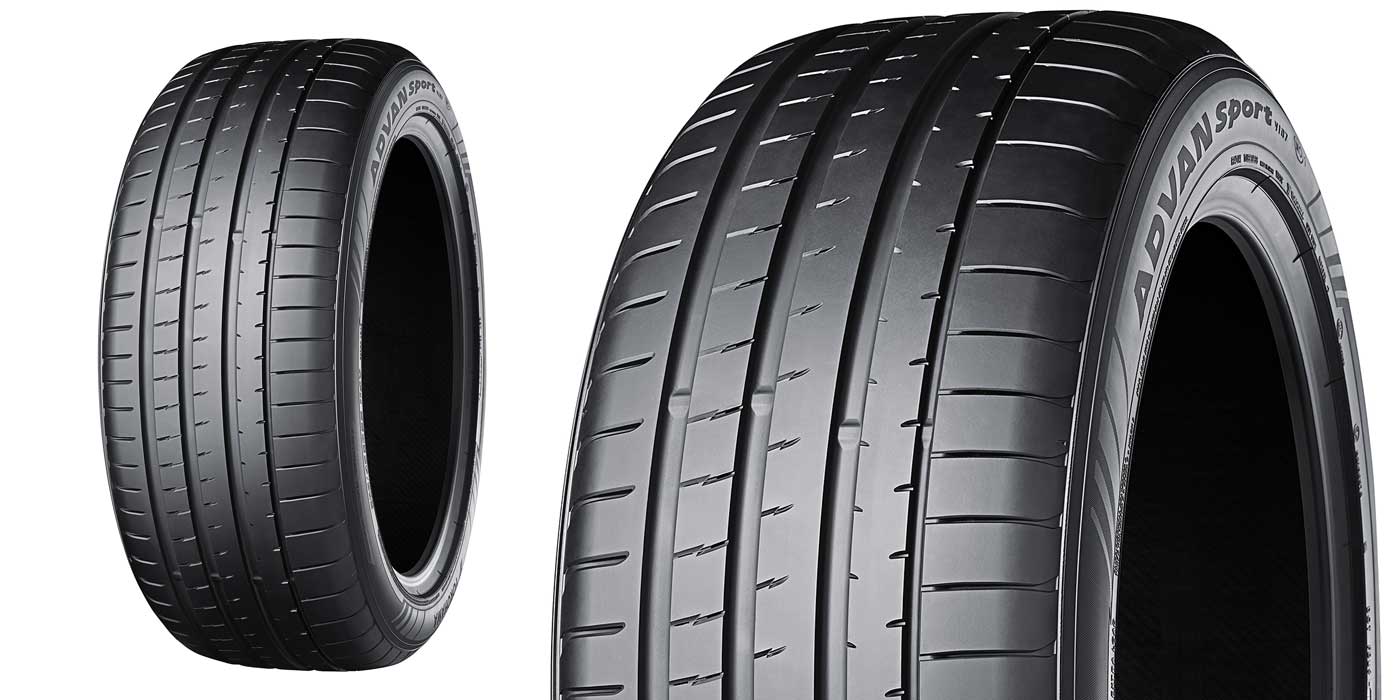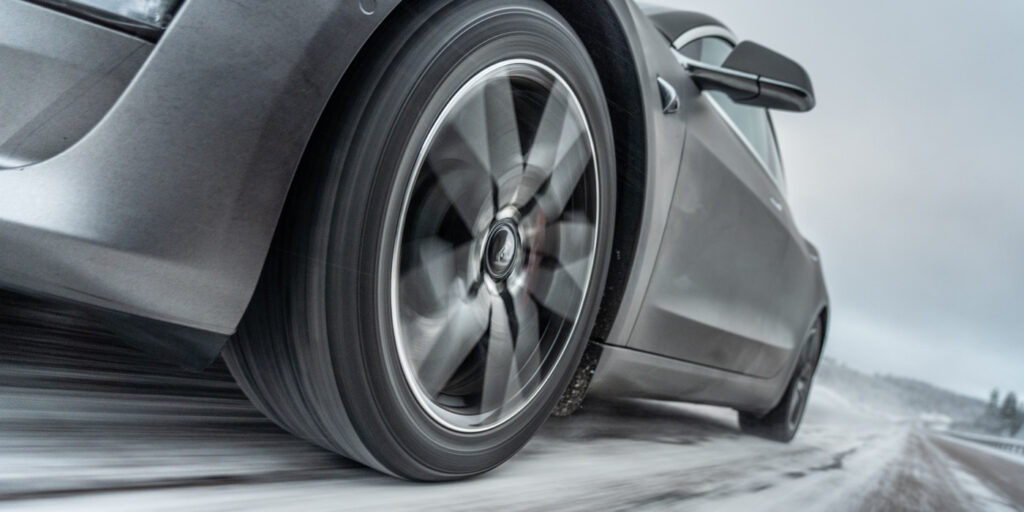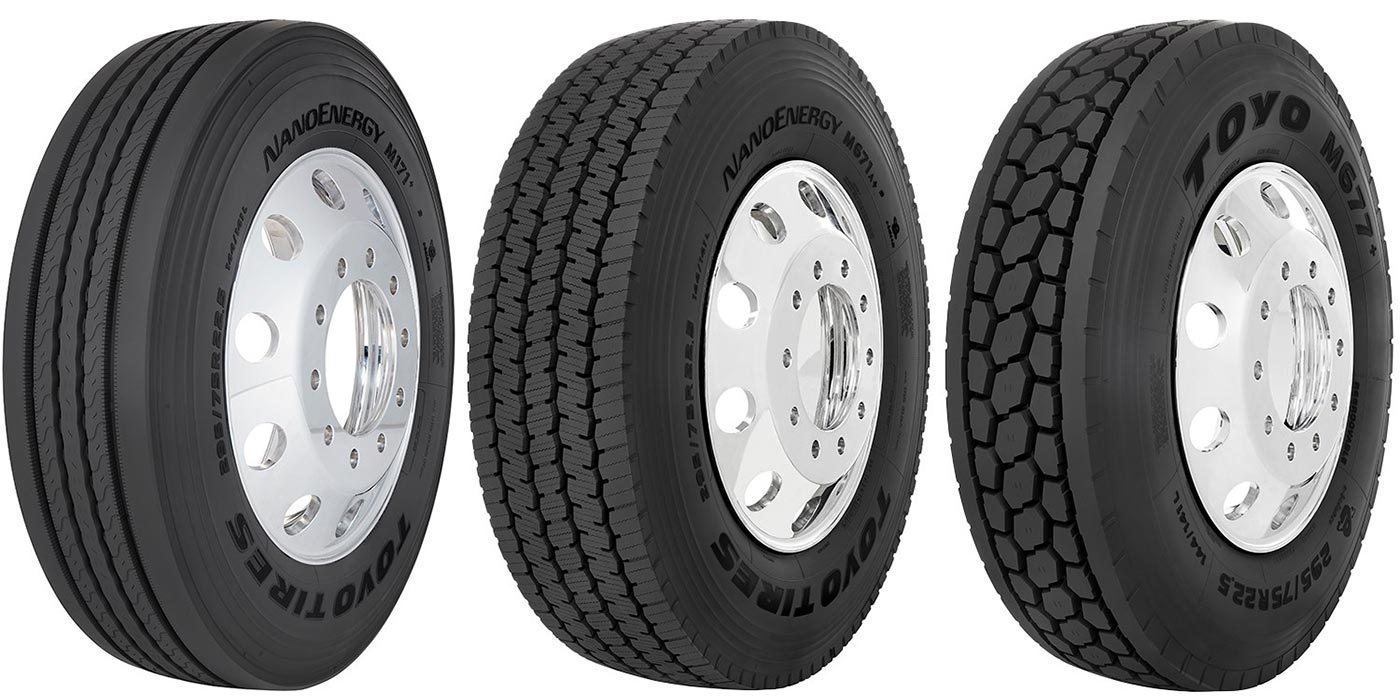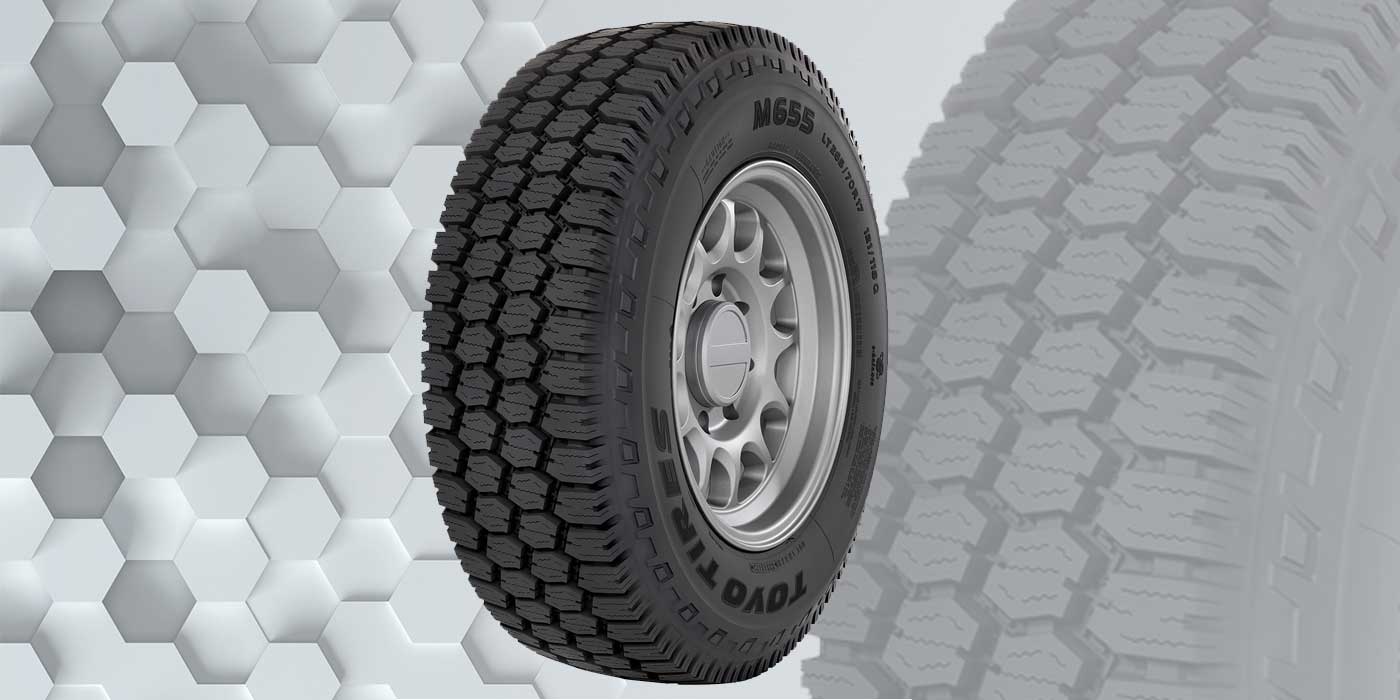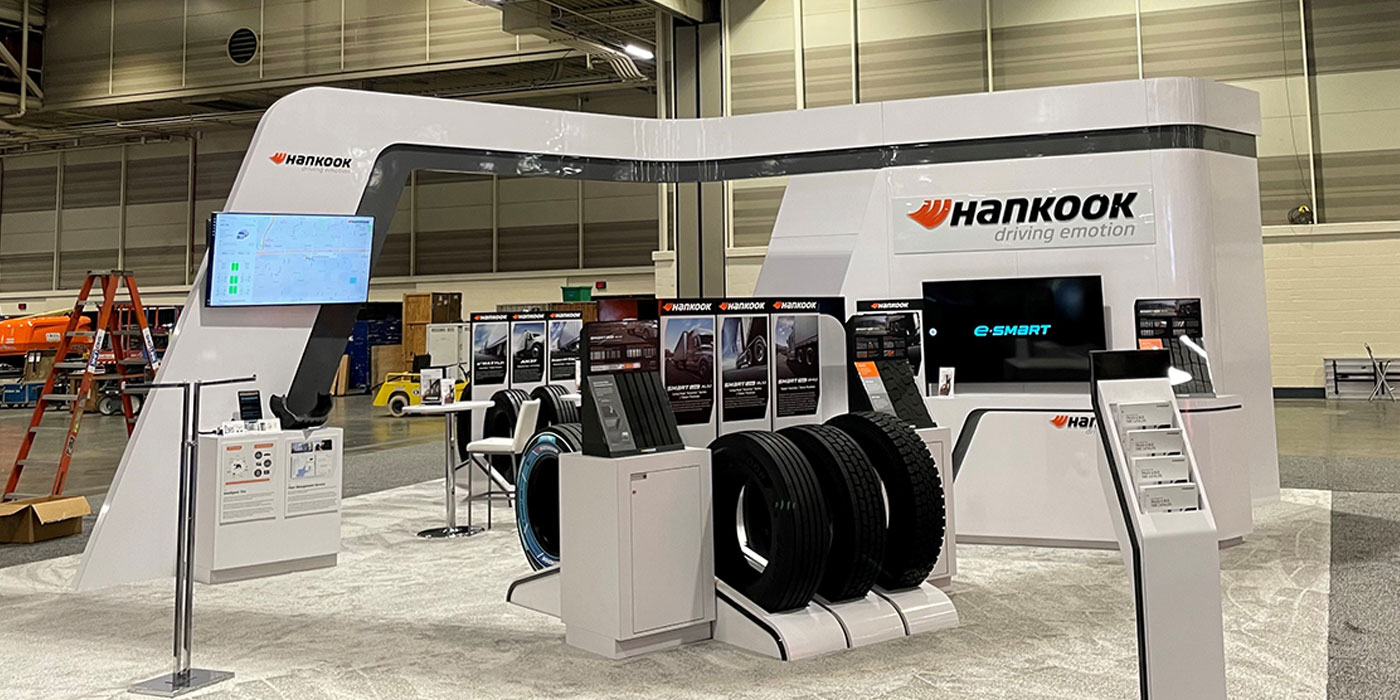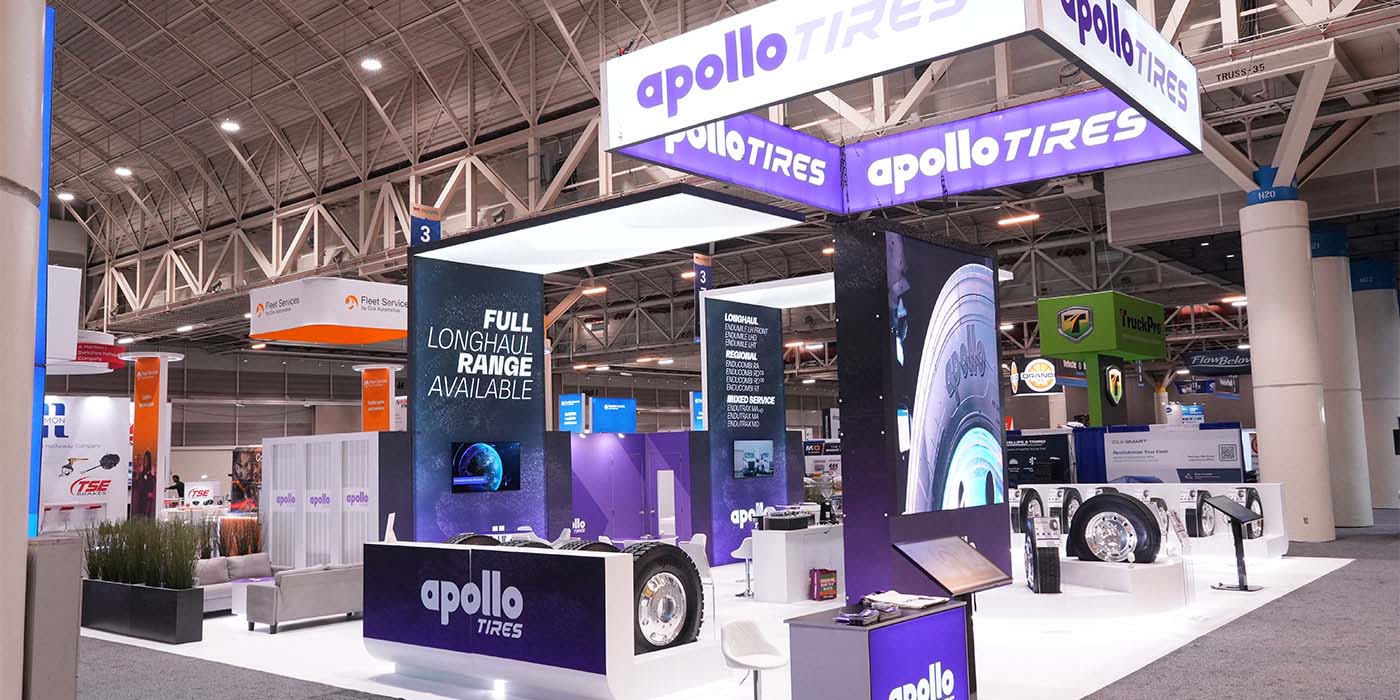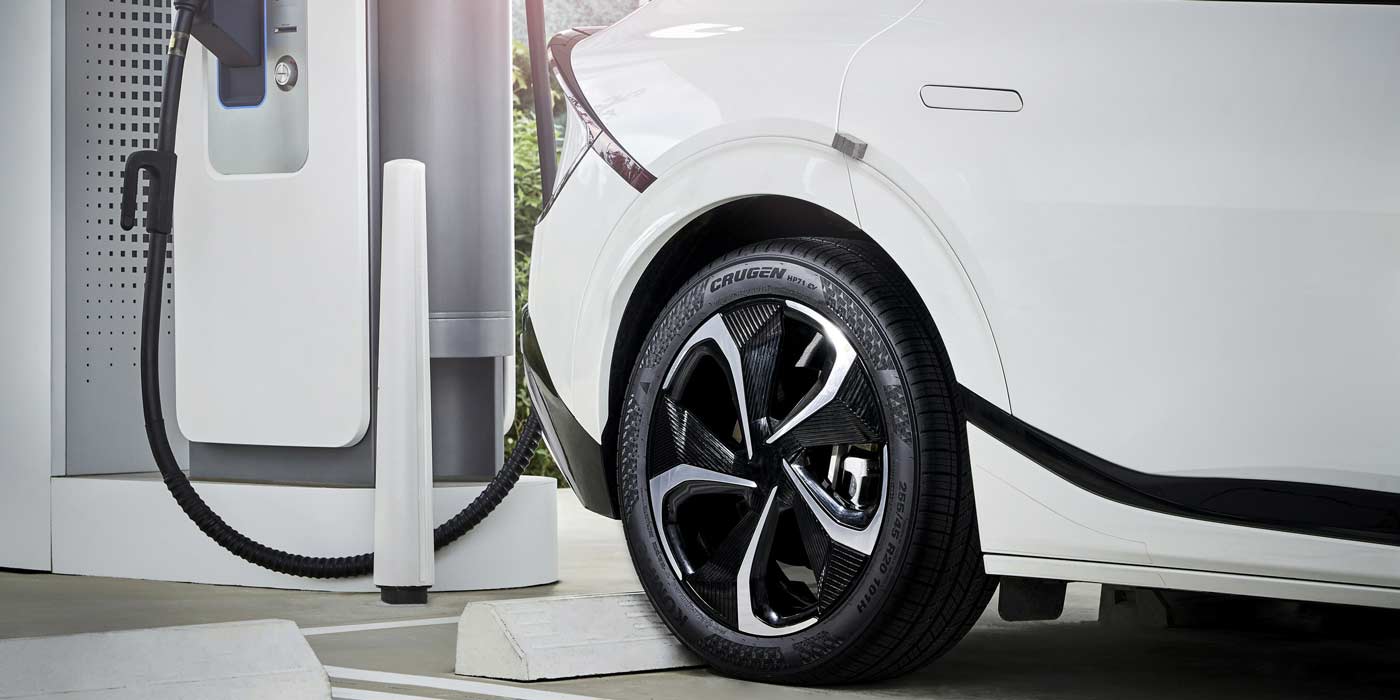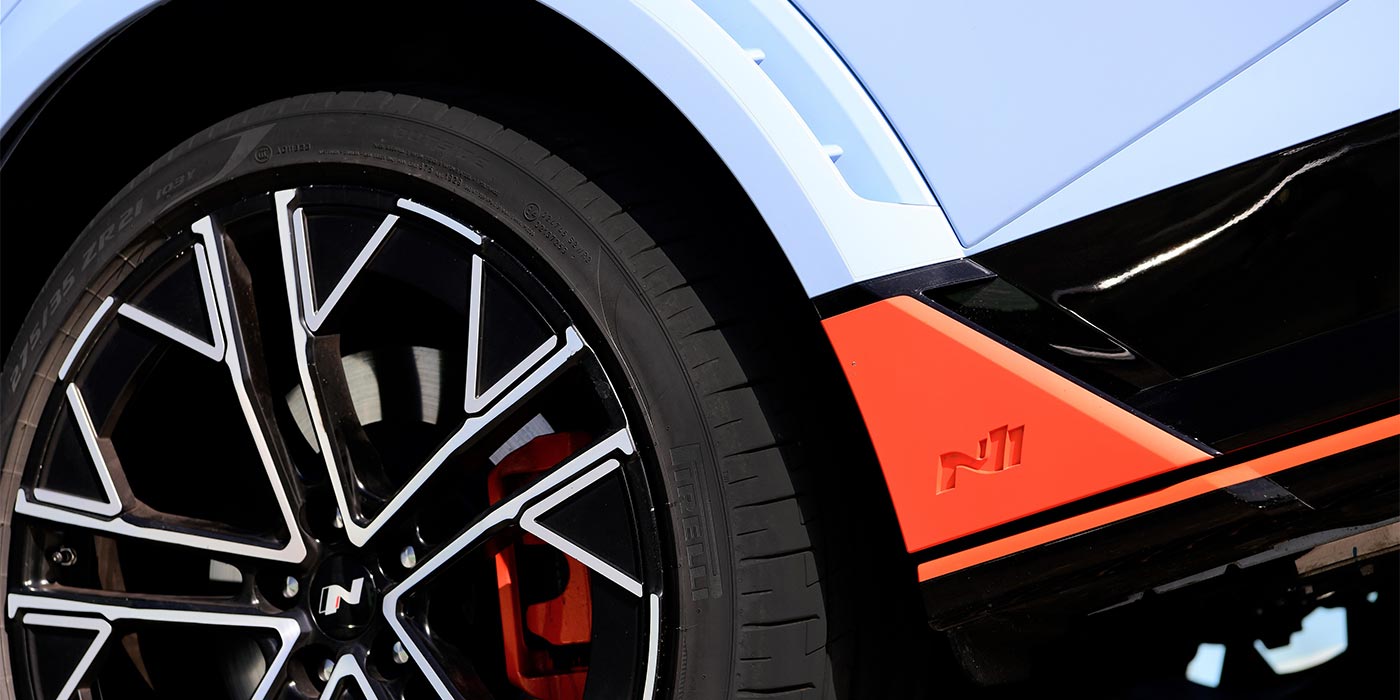The Big Blow
Is Using Nitrogen Really A Better Bet for Truck Tire Inflation?
Trucking fleets are always looking for any cost or operational advantage, especially in controllable costs, that results in higher profits.
While it’s been more like a murmur than a scream, there has been some recent talk about the use of nitrogen to inflate medium truck tires. There has been minor discussion of the supposed cost saving benefits — reduced wheel and steel belt corrosion, less loss of inflation, improved treadlife and casing integrity ®” in some trucking and tire industry publications.
But according to tire company experts, nitrogen is much ado about nothing, both from a cost and performance standpoint.
“We have found that it is basically cost prohibitive (to use nitrogen instead of oxygen) on the commercial truck tire side because of the nitrogen system you would need. If you use a good steel valve cap, it’s really hard to justify the expense of going to nitrogen,” said Al Cohn, marketing manager for Goodyear’s Commercial Systems Engineering
While Cohn admits that nitrogen, being an inert gas, permeates the tire less than oxygen and will remain in a tire longer, “today’s truck tires and inner liners are so good anymore, that if you took a medium truck tire, inflated it to 100 psi and let it sit for a year, the most you would lose is one pound per month.
“We have some OTR and farm customers that use nitrogen, where they have their own generators and work in one spot,” said Cohn, because with these types of tires and operations, nitrogen may make sense. ®But we don’t know of any commercial truck tire customer using nitrogen.®
“I’m not aware of any hard data or studies that have been done, any significant benefits that would show a fleet in dollar and cents the benefits of nitrogen inflation,” said Randy Clark, director of truck tire marketing for Michelin North America.
“It has been talked about,” Clark said. ®You see some references in the press, but you don’t see any groundswell move toward using nitrogen.®
From his standpoint, the issues are benefit and practicality. “Even with the best system you can get if you were trying to inflate a tire with nitrogen, it’s very difficult to get all the oxygen out. Probably the best you can do is get to about 95 percent. So to start with, you’re not making that much of a difference with it.”
Clark said it’s well understood that oxygen deteriorates tires — both rubber and steel. “So theoretically you could say there would be benefits to using nitrogen because oxygen is not friendly. But I’m not aware of any hard data that anybody could show dollar savings to a fleet.
“The fleet wants to know that if they’re going to get charged $10 a tire for nitrogen inflation, are they getting back $20 in extended casing life? If you’re a businessman, you always want to get back more than you spend. It’s based on sound theory, and there ought to be a benefit. But for a business decision, if I were a fleet manager, I would want more than a theory to invest in.”
Goodyear’s truck tire databook says that most of the perceived benefits of nitrogen could easily be accomplished with air by using equipment and practices that “avoid the introduction of moisture into high pressure air used for both initial inflation and make-up air.”
The databook also says, “little actual controlled test data exists” to support the use of nitrogen.®′

